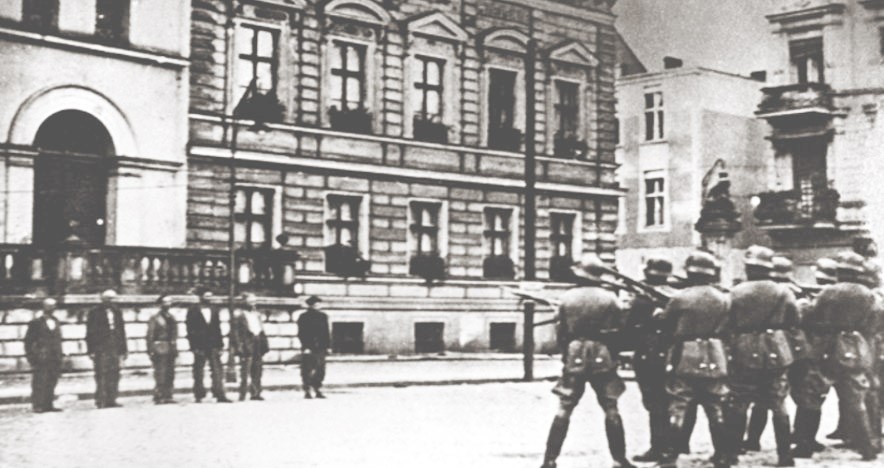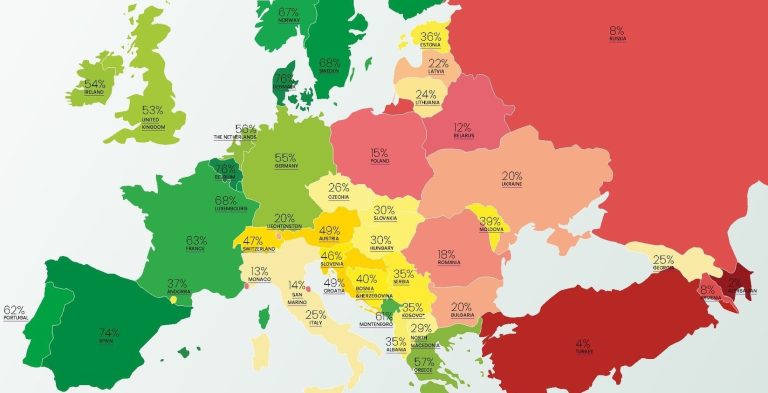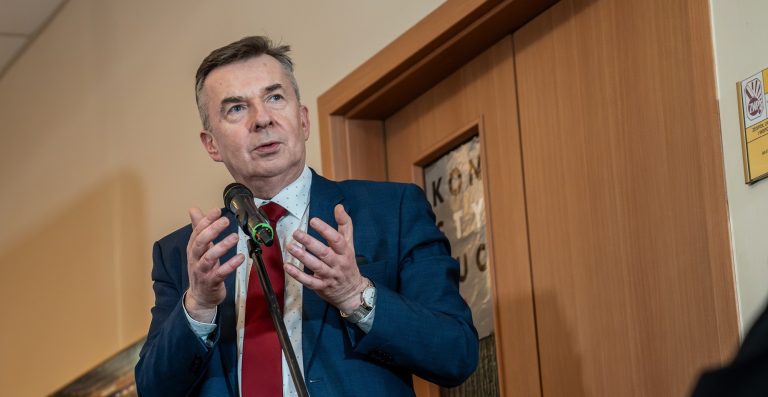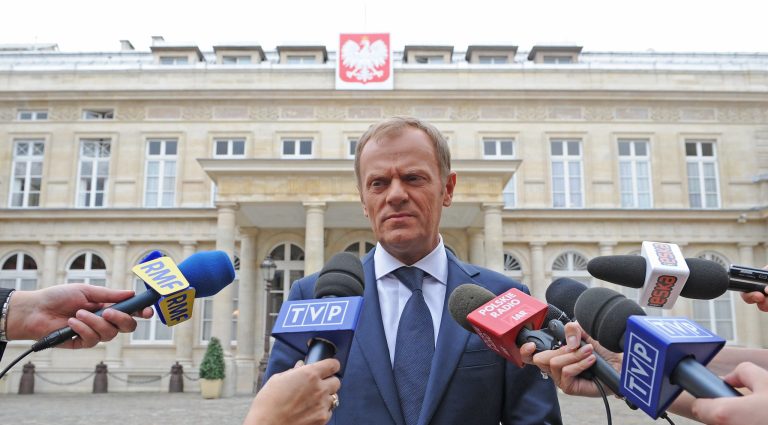German government approves memorial in Berlin for Polish WWII victims

The German government has approved the establishment in Berlin of an institution that will commemorate Polish victims of Nazi Germany. It says that the enormous suffering of Poles under German occupation is still not well known among Germans today.
The “Polish-German House”, as the project is known, will “create a memorial site for the victims of Nazi Germany’s occupation of Poland, shed light on the centuries-long history of intertwining between Germany and Poland, and provide a space for education and encounters in the German-Polish context”, wrote the government.
“The horrors and crimes of Nazi Germany’s occupation of Poland, which claimed the lives of over five million Poles, remain a painful memory in Polish society to this day,” added the statement. “This is still not well known in this country [Germany].”
The aim of the Polish-German House will be to “close this gap in our culture of remembrance…because Germany still has a special historical responsibility when it comes to relations with our neighbour – and fortunately once again close partner – Poland”.
Bundeskabinett beschließt Realisierungsvorschlag für Deutsch-Polnisches Haus in Berlin. Kulturstaatsministerin Claudia #Roth: „Ein wichtiges Signal für eine weitere Stärkung und Vertiefung der deutsch-polnischen Partnerschaft.“ Mehr dazu: https://t.co/tBcmoOYU2u pic.twitter.com/5EEf3xMoja
— BKM Kultur & Medien (@BundesKultur) June 26, 2024
Almost six million Polish civilians – around half of them Polish Jews – are estimated to have died as a result of the war, representing 17% of Poland’s pre-war population. That was the highest proportional death toll of any country during World War Two.
The German occupiers also laid waste to many Polish cities – including the capital, Warsaw, which saw around 85% of its buildings destroyed – and plundered or destroyed much of Poland’s cultural heritage.
That painful legacy continues to cause tensions today, in particular in recent years under Poland’s national-conservative Law and Justice (PiS) government, which launched a bid to obtain war reparations from Germany. Berlin argues that there is no legal basis for those claims.
A new government led by Donald Tusk replaced PiS in power in December and has sought to improve relations with Germany. However, foreign minister Radosław Sikorski has still called on Berlin to provide Poland with some form of compensation for the war and accused Germans of having “memory gaps”.
„Germans have gaps in their memory” regarding WWII, says Poland’s foreign minister. „They know about the Holocaust but have forgotten what they did to the Polish population.”
He called on Berlin to compensate Poland for the „enormous losses” it suffered https://t.co/3D71btDBLg
— Notes from Poland 🇵🇱 (@notesfrompoland) February 12, 2024
The focus of the permanent exhibition of the Polish-German House will the “tremendous brutality of the German occupation of Poland”, reports the Tagesspiegel daily. But it will also draw attention to relations in earlier centuries and the current ties between the two societies.
Culture minister Claudia Roth, who was responsible for developing the plans, yesterday said that the Polish-German House, which is to be located “in the heart of the capital”, will “advance remembrance for a common future for Germany and Poland as close partners in a strong, united Europe”.
She hailed approval of the project as “an important signal for further strengthening and deepening German-Polish relations”.
Germany has outlined plans for a new centre in Berlin commemorating the victims of German atrocities in Poland during WWII.
„We Germans, and that includes me, still have a lot to learn,” says Claudia Roth, the federal commissioner for culture and media https://t.co/HeuP4zGozV
— Notes from Poland 🇵🇱 (@notesfrompoland) August 30, 2023
Germany’s federal parliament, the Bundestag, which previously approved the idea of a memorial to Polish victims in 2020, will now decide on implementation of the proposal. The federal government is also in talks with the Berlin authorities about a location for the Polish-German House.
A favoured option is the former site of the Kroll Opera House, which functioned as the assembly hall of the Reichstag – Germany’s parliament – from 1933 to 1942. It was there, on 1 September 1939, that Adolf Hitler announced the invasion of Poland.
Notes from Poland is run by a small editorial team and published by an independent, non-profit foundation that is funded through donations from our readers. We cannot do what we do without your support.
Main image credit: Andros64/Wikimedia Commons (under public domain)

Daniel Tilles is editor-in-chief of Notes from Poland. He has written on Polish affairs for a wide range of publications, including Foreign Policy, POLITICO Europe, EUobserver and Dziennik Gazeta Prawna.






